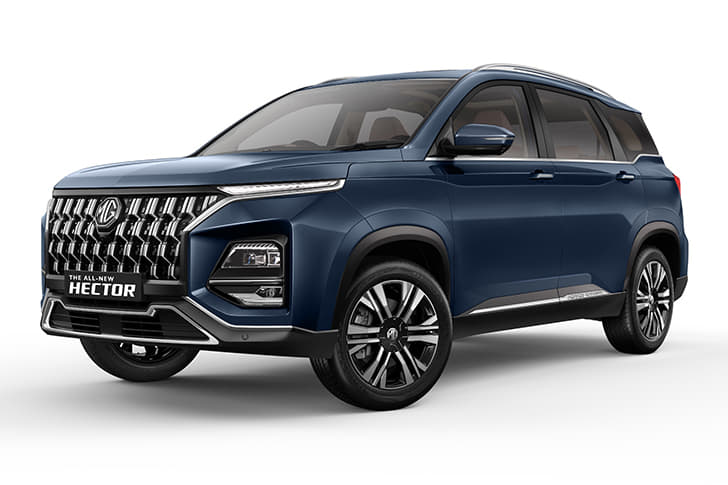Toyota has joined hands with Mazda and Japanese tech firm Denso to set up a joint venture to produce electric vehicles.
The new company will be called EV CA Spirit Co and will produce technology to be used in both Japanese manufacturers’ upcoming electric vehicles (EV). While Mazda and Denso will supply 5 percent each of the investment required, Toyota will shoulder 90 percent of the total investment.
The EV joint venture is expected to produce a wide range of electric tech for both car makers for a wide range of products including Japan-only minicars, more mass-market and global-sales-friendly SUVs, other passenger cars, as well as commercial vehicles.
All the new EV models will be based on Toyota’s new TNGA platform, Denso will bring its expertise in electronics and Mazda’s product planning and computer modelling experience will also contribute to the joint venture.
Toyota’s TNGA platform will likely be tweaked so that they can be used in the new range of EVs. The announcement stated that Mazda and Toyota-badged EVs will still embody the essence of their respective brands.
Despite Toyota and Mazda’s initial involvement in the project, the joint venture welcomes further active members, opening the invitation to other car makers and parts suppliers.









































